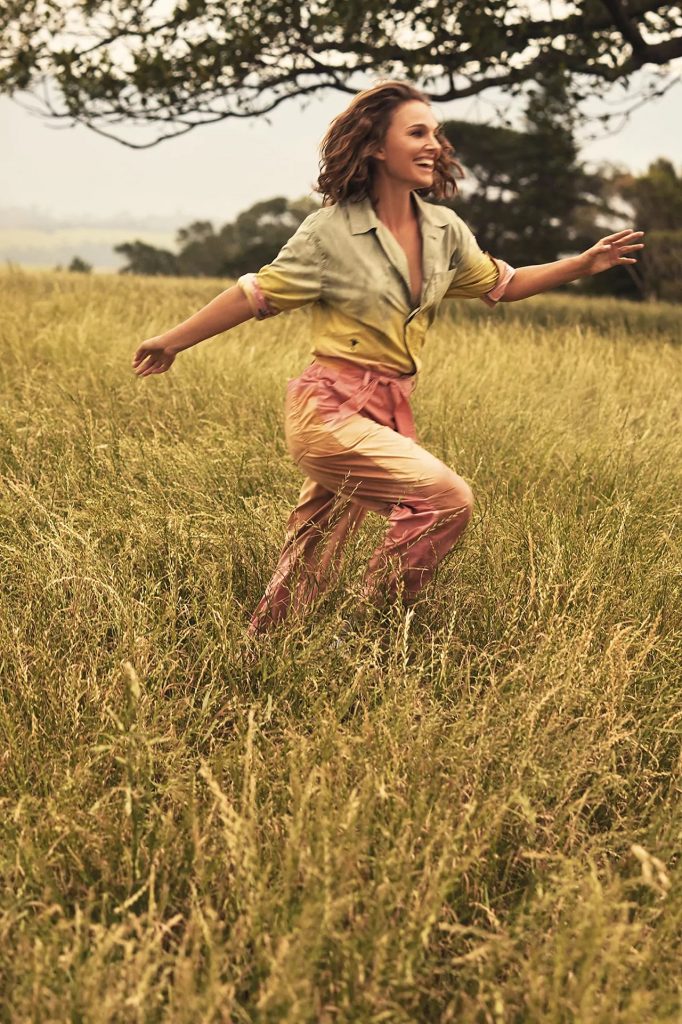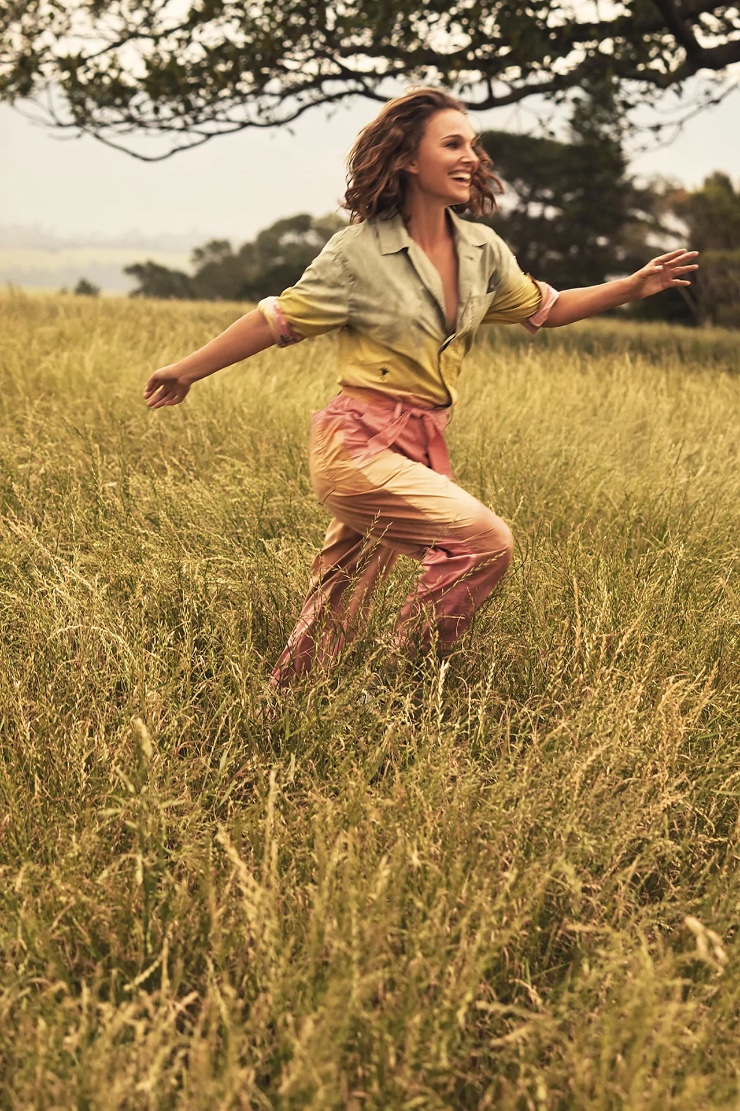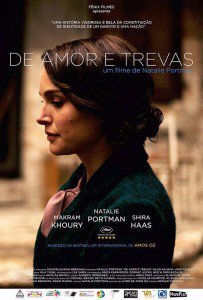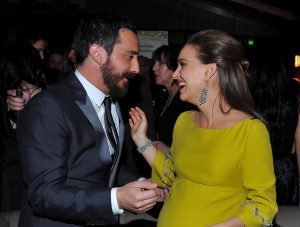Natalie had a short but interesting interview for the Spanish Telva Magazine (via zoom from Australia a few weeks ago), in which she talks about the new campaign for Dior, her career and more. After the jump we have a rough English translation of the talk, and a new Miss Dior photo:

Being officially one of the most beautiful actresses in Hollywood has not gone to Natalie Portman’s head. “I am aware of the privilege it entails. Unfortunately that consideration is something that weighs heavily on the way women are valued,” she says. Although for her – we did not expect less – beauty is something else: “It has to do with knowing yourself, feeling sure of who you are and celebrating it.” She tells it herself through a zoom from Australia, where she shoots the sequel to Thor, one of her upcoming releases. She just turned 40 and has been on screen since she was 13. “I learned to be an actress working. If I have missed something? I suppose having an anonymous adolescence. But it was before social networks. Young people today are much more exposed than me.” This year she has set up her own production company; Before that, she published a book of fables for children (Natalie Portman’s Fables), and now plays again a role that she knows well, that of Miss Dior, as an ambassador for the iconic perfume, which is now reinvented and which she defines as “romantic. and sensual “.
–As the image of Miss Dior, to what extent can you influence gender stereotypes?
Everything we do influences. I am part of the images and messages that bombard women daily telling them how they should be. I think that the more models there are, the better. With my characters I try to try different things, because I think it is an opportunity to show everything that a woman can be. Miss Dior pursues her happiness, but she is not a naive looking for love, the typical thing in the perfume ads of before. She is a free and independent woman who wants to enjoy herself.
–She is a hero, according to the campaign. Who are yours?
Besides my mother, I admire women like Jory Graham (Pulitzer Prize Winner), my poetry teacher and mentor at university, or Diane Sawyer (journalist and news anchor) whom I respect for her intelligence, elegance and kindness. She was married to Mike Nichols (director of Closer), who was also an important mentor to me. Working with him was a creative turning point in my career. As with Darren Aronofsky in Black Swan or Pablo Larrain in Jackie.
–After more than 25 years in the cinema, what have you learned?
I have learned so much … Life lessons that I never tire of repeating, as be kind to others and, if you have a voice, try to change things for the better.
–Is setting up your own production company the way to tell the stories that really interest you?
I like to tell stories from different perspectives, to create a point of view. That is why I act, produce, direct, write … Each medium puts something different on the table. I am attracted to the idea of adapting the stories to our time. Producing allows me to do so, as does writing. When I was little I was frustrated that most of the characters in fables were male, even the animals. Now that I read stories to my four-year-old daughter, I wanted to share the classics I grew up with, but update them to reflect our world, modernize them so that the morals are relevant today.
–What books have you seen lately?
The last one I have read is What is your torment, by Sigrid Nuñez. I have also been impressed by Second House, by Rachel Cusk; The cost of living, by Deborah Levy, and The lost children, by Valeria Luiselli.
–Should art and activism go hand in hand?
Not necessarily, but they have a similar root. Artists and activists imagine a different world than the one that exists.
–You’ve been involved in MeToo and Time’s Up; you were talking about sexual harassment even before those moves. Is there a real change in the film industry for this generation?
It is a very inspiring generation, with a real commitment to justice and equality that excites me. In Hollywood there were many things that we took for granted. It seemed normal to us that in a shoot we were five women in a team of 100 people. How did we not realize that something was wrong? As for harassment, before it was not talked about, it was kept secret. Now I am seeing a change in the industry. This generation will have a very different experience.
–What new voices inspire you?
I love everything Emma Stone does. I like the worldview of Yara Shahidi, Awkafina and Melissa Barrera, the protagonist of Benjamin’s next film (Millepied, her husband).


